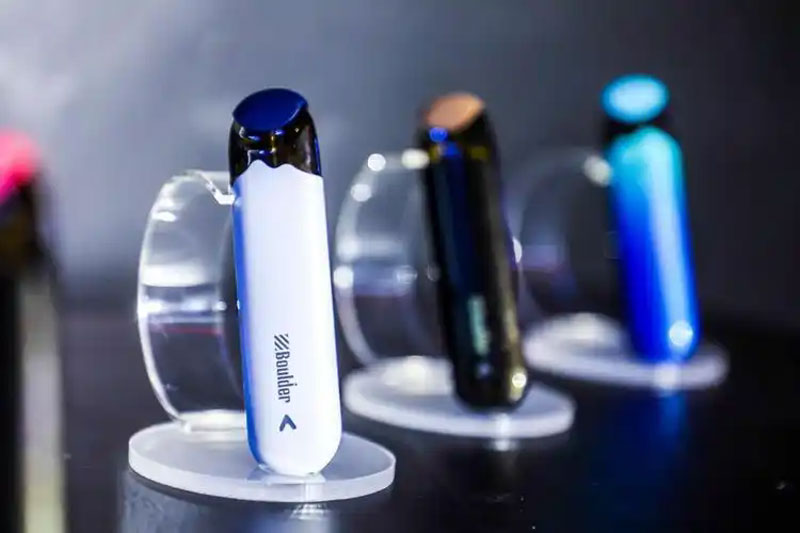The import rules for e-cigarettes in Italy are an essential topic for anyone involved in the international trade of vaping products. This detailed guide aims to provide insights into the regulations, compliance requirements, and legal procedures, making it easier to navigate the somewhat complex landscape. E-cigarettes, often referred to as vape pens or vaping devices, have gained considerable popularity globally. However, the Italian legislation around the import of these devices is stringent, ensuring product safety and adherence to public health standards.

Understanding the Legal Status of E-Cigarettes in Italy

The legal landscape surrounding e-cigarette importation into Italy is governed primarily by both Italian and European Union regulations. These laws are designed to ensure consumer safety and equitable market competition. Italy classifies e-cigarettes and related accessories as tobacco-related products, even if they don’t contain nicotine. This means importers must comply with multiple layers of regulations.
Firstly, the Italian Customs Agency controls all e-cigarette imports. Products are carefully scrutinized to ensure compliance with the various EU directives. Among these, the Tobacco Products Directive (TPD) has the most significant influence. Importers must ensure their products meet labeling, packaging, and ingredient disclosure requirements as stipulated by this directive.
The Key Documentation Required
To successfully import e-cigarettes into Italy, accurate documentation is essential. Some key documents include:
- Commercial invoices: Containing detailed product descriptions, quantity, and valuation.
- Certificate of compliance: Proving the product’s adherence to EU and Italian safety and quality standards.
- Shipping documents: Including packing lists and Bills of Lading.

Without these documents, customs clearance can be delayed, potentially leading to penalties or seizure of goods.
The Role of Nicotine in Import Restrictions
If the e-cigarettes or e-liquids contain nicotine, additional restrictions apply. In Italy, nicotine-containing products are considered substantially more hazardous and may require special import permits. The Italian government requires such products to adhere to specific concentration thresholds, with packages clearly displaying nicotine warnings. Importers should collaborate with a qualified testing laboratory to confirm adherence to these regulations.
Taxation Policies
The Italian government levies a tax on vaping products, regardless of nicotine content. Known as the “imposta di consumo,” this tax is calculated based on the volume and type of e-liquids or e-cigarette units being imported. It’s crucial for traders to build these taxes into their pricing structure as failure to comply may result in severe financial penalties.
Compliance with Health and Safety Directives
All imported e-cigarettes must meet health and safety benchmarks set under the EU’s General Product Safety Directive (GPSD). This includes proper warnings on packaging, detailed ingredient disclosures, and ensuring the product design prevents leakage of e-liquids or similar manufacturing defects that could endanger the consumer.
“Without proper adherence to these safety directives, your e-cigarette shipment could fail inspections and consequently be denied entry,” says an importer.
Steps for Releasing Products into the Italian Market
- Ensure compliance with TPD and other EU directives.
- Secure a Verified Import License.
- Label products appropriately in Italian, including health warnings.
- Pay all customs duties and applicable taxes.
Once these steps are completed, your products may be distributed to retailers or end-users across Italy.
How to Handle Regulatory Updates
Italy’s e-cigarette import rules can change at any time. It’s advisable to stay informed by regularly consulting official trade publications or working closely with trade compliance experts. Being proactive can save significant time and expense in navigating sudden regulatory shifts.
FAQs
Q1: Are non-nicotine e-liquids exempt from regulations?
No, even non-nicotine products must comply with labeling, taxation, and other health directives.
Q2: Can I import e-cigarettes directly from a non-EU country?
Yes, but additional customs checks and import license requirements will apply.
Q3: What are the penalties for non-compliance?
Penalties can range from delays in shipment clearance to fines or seizure of goods.
